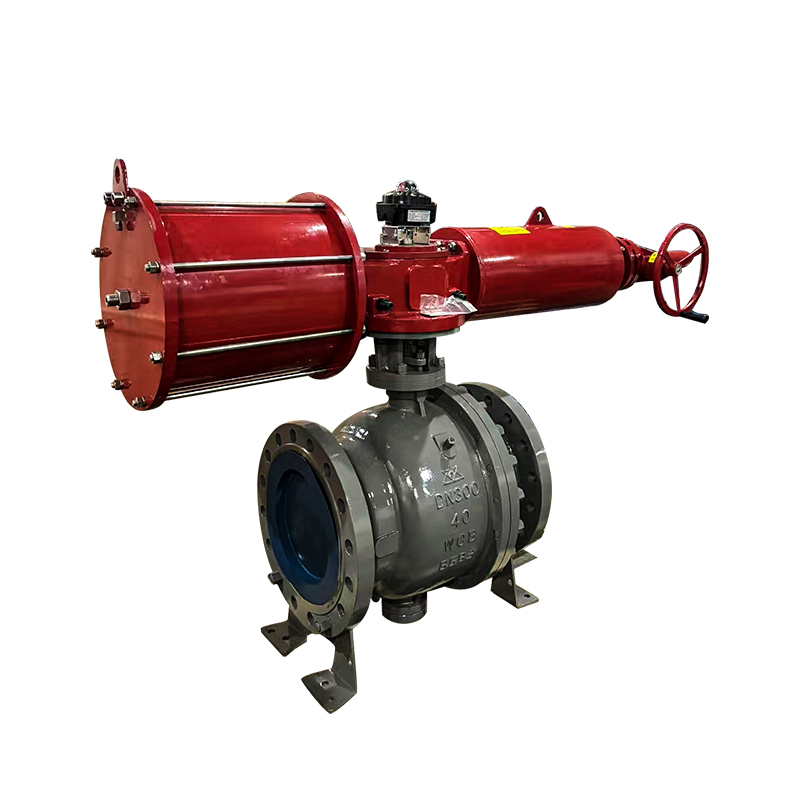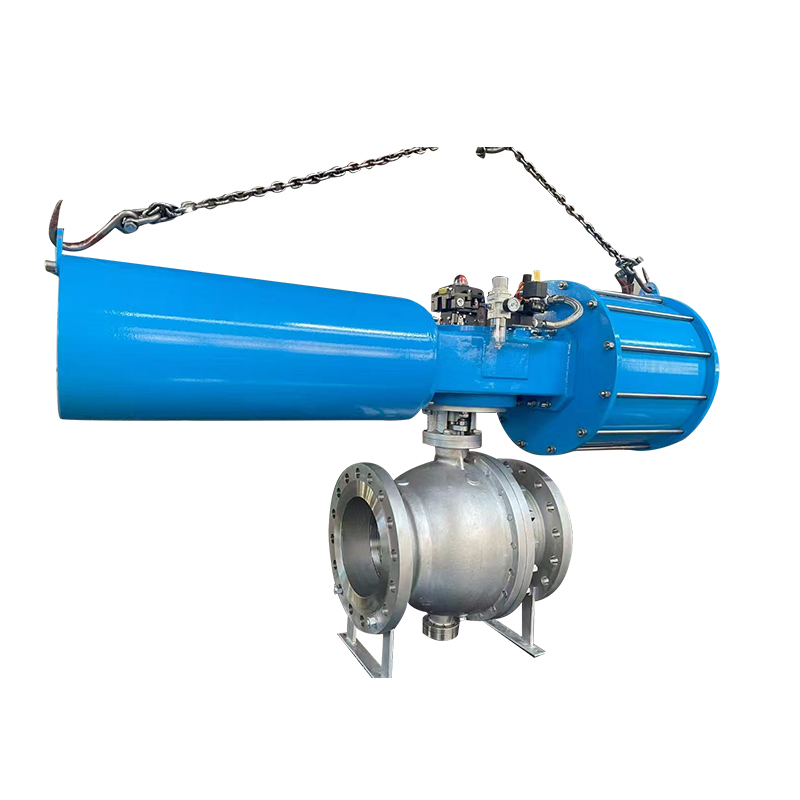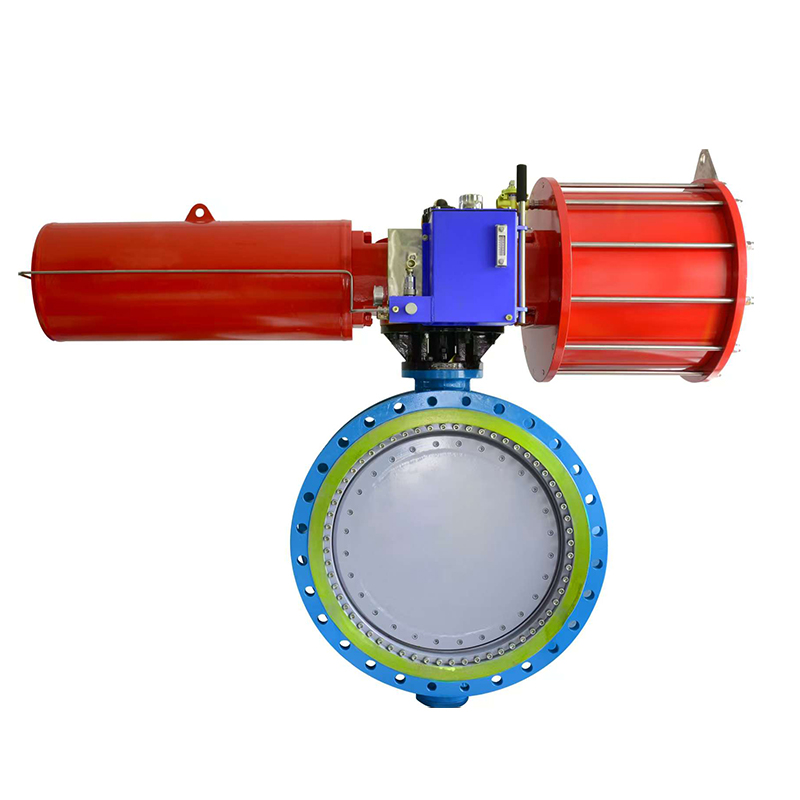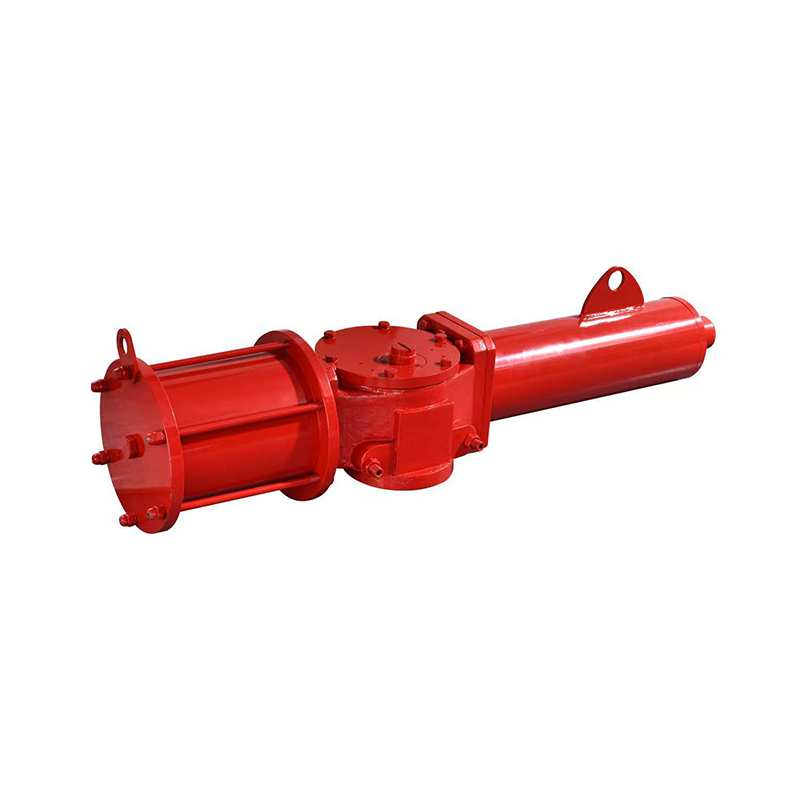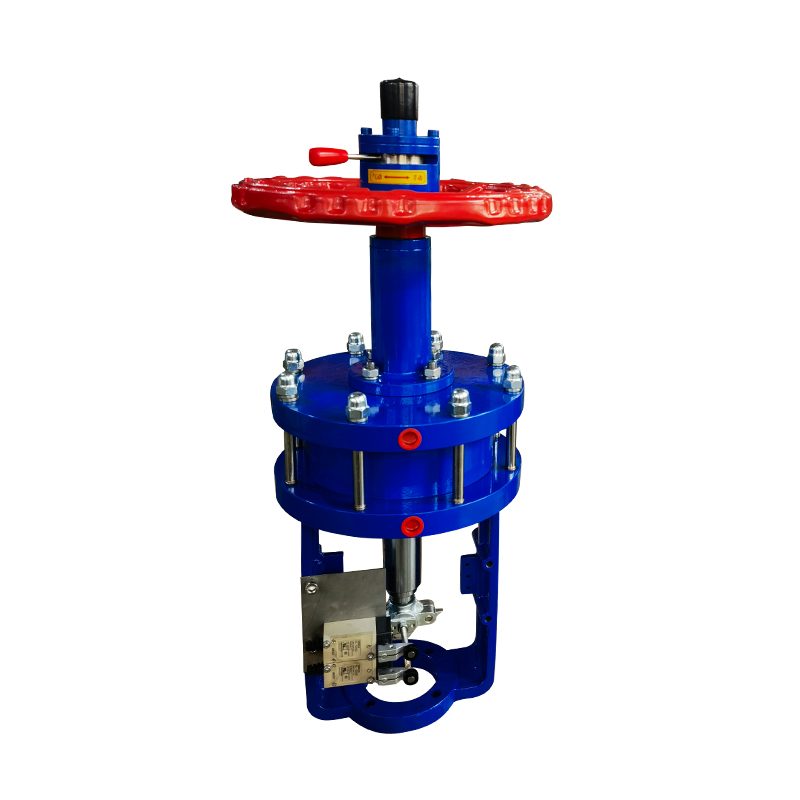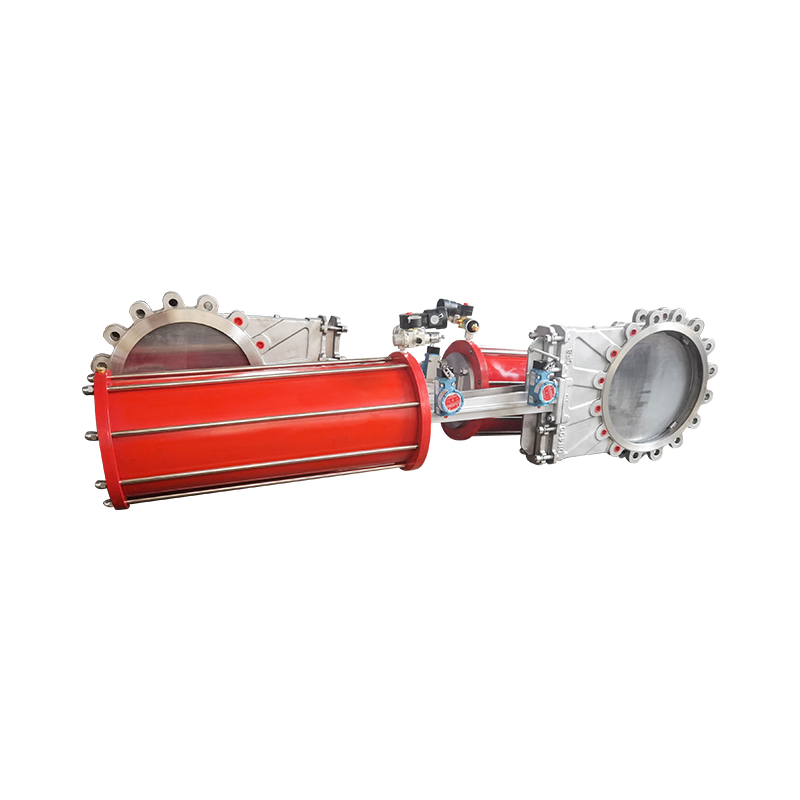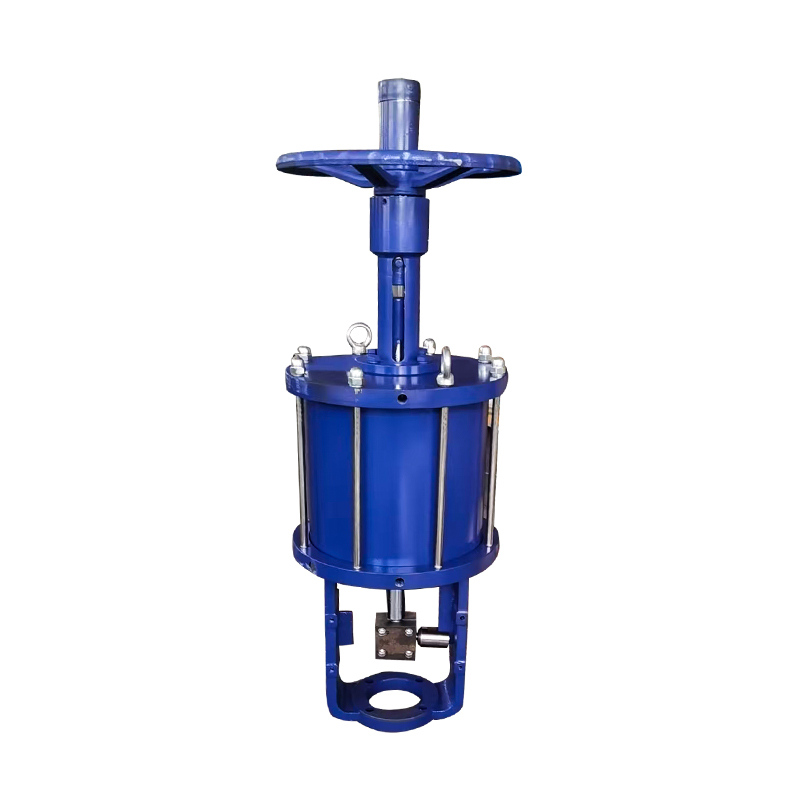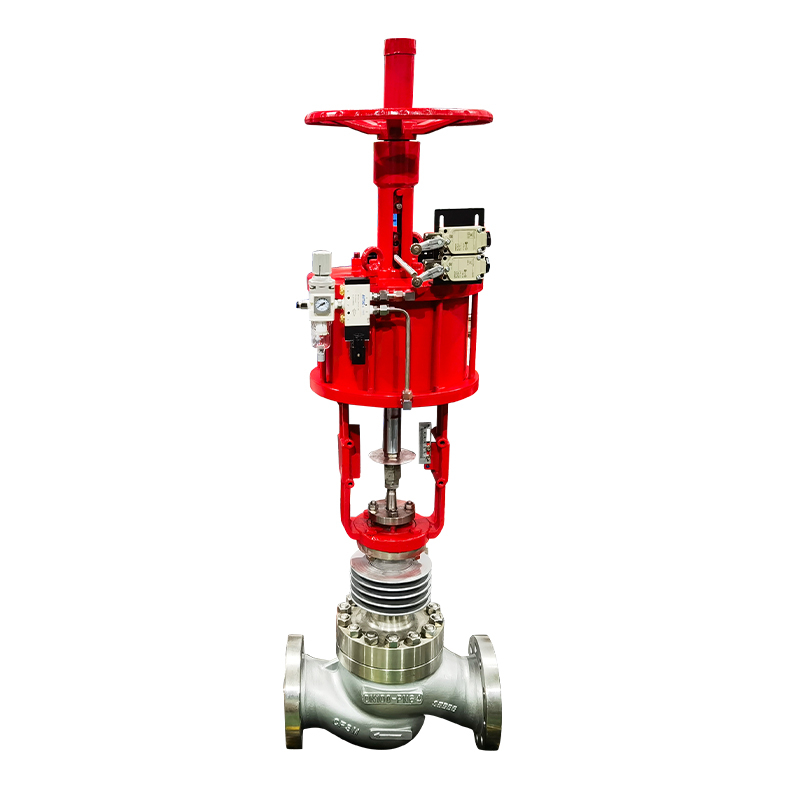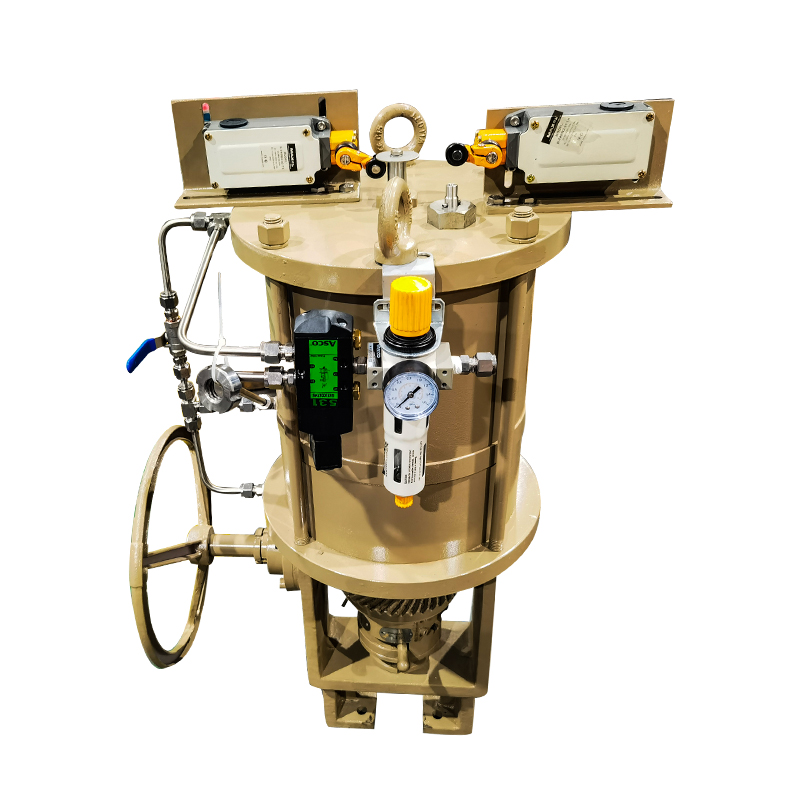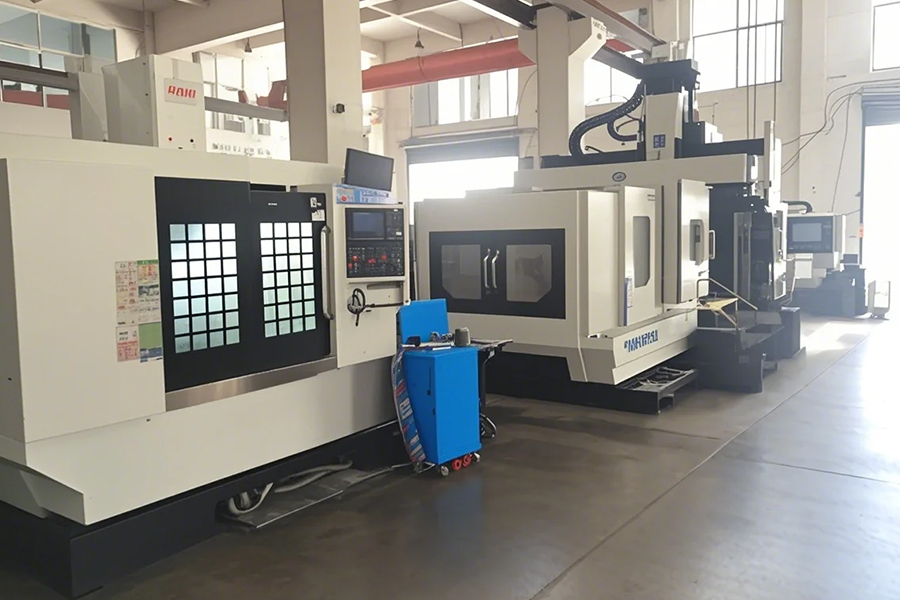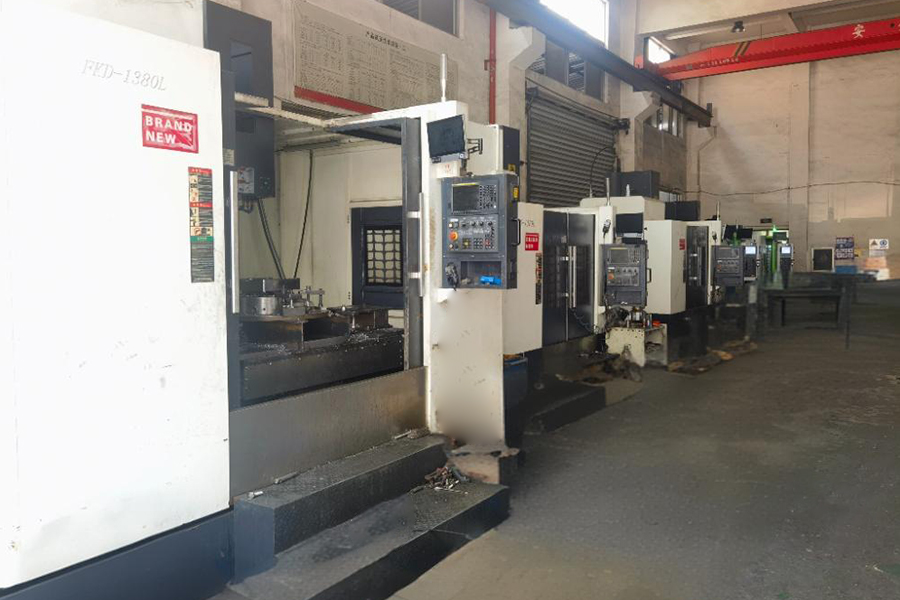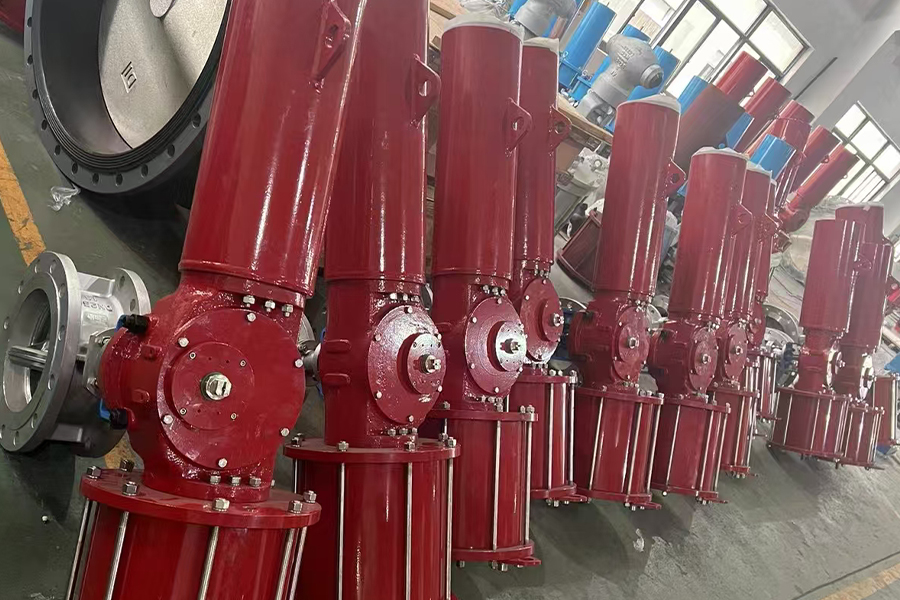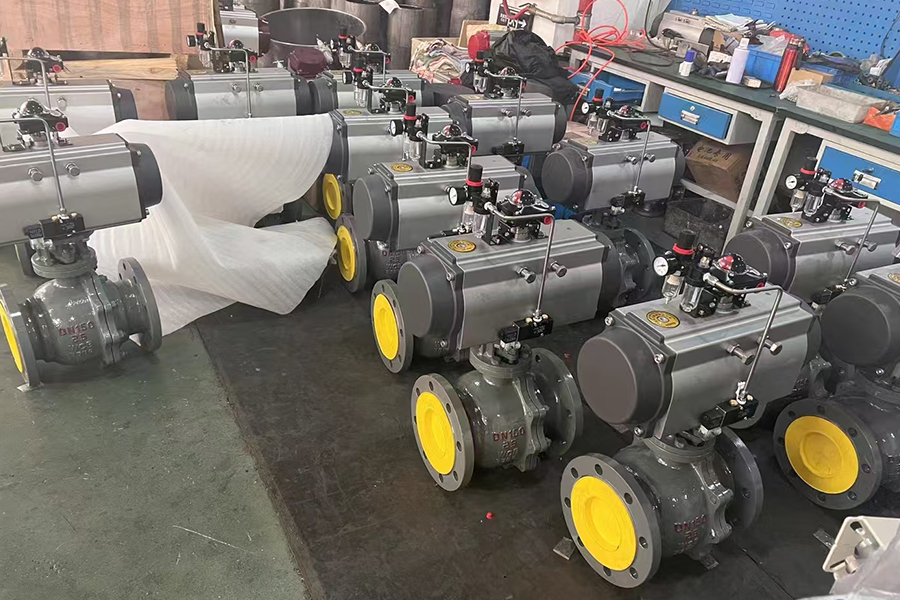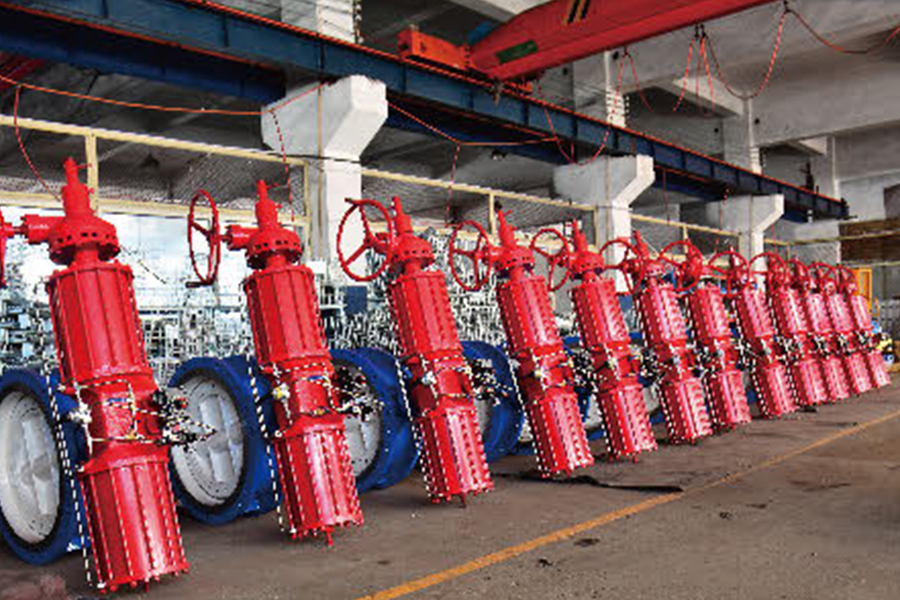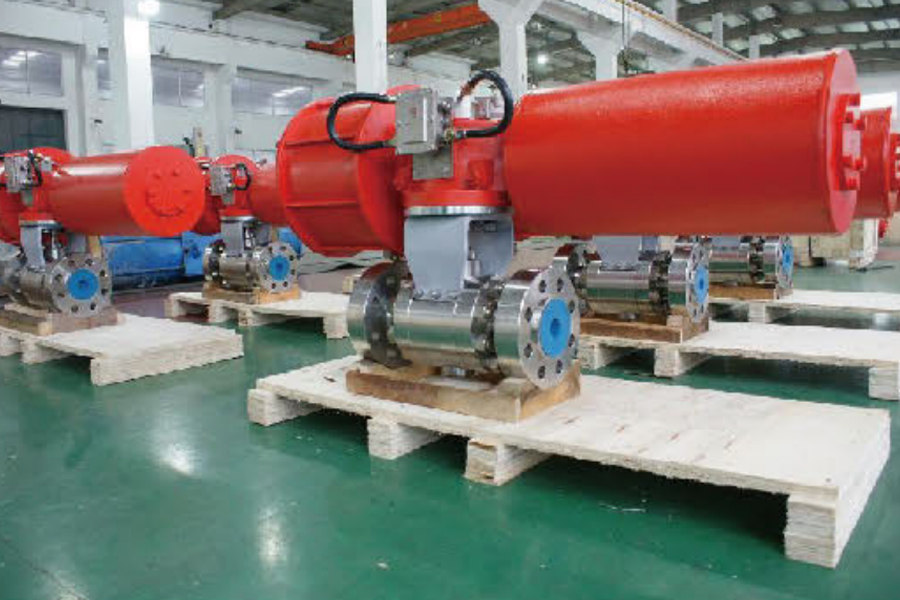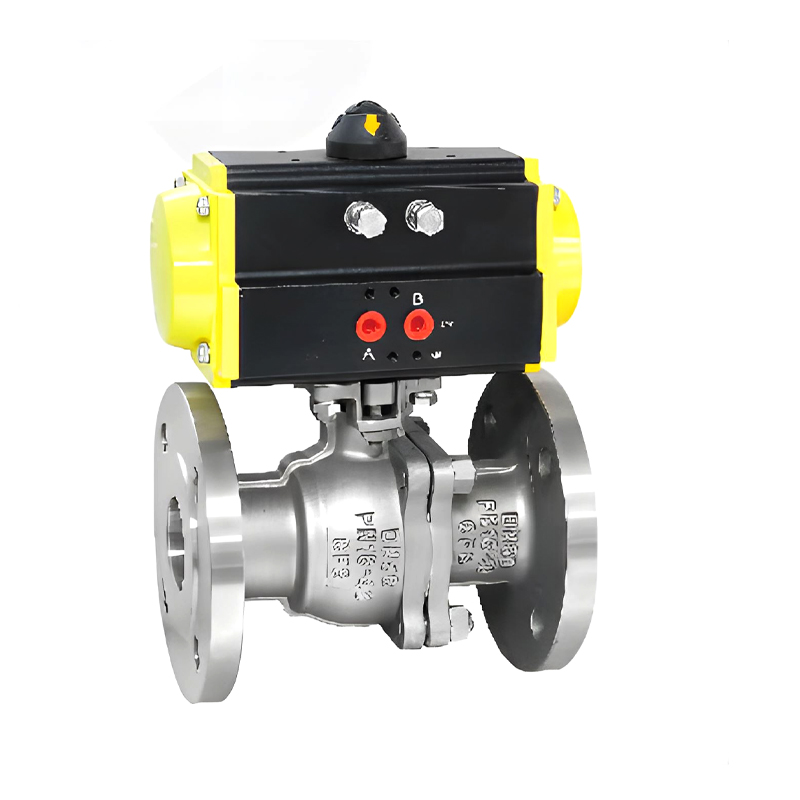
Pneumatic ball valves are essential components in many industrial applications, from water treatment to chemical processing. Choosing a reliable supplier ensures that these valves perform consistently, are durable, and meet safety standards. A Pneumatic Ball Valve Manufacturer plays a critical role in providing products that meet industry expectations, but identifying a trustworthy supplier requires careful evaluation.
Evaluate Manufacturing Capabilities
The foundation of quality lies in the manufacturing process. A reliable Pneumatic Ball Valve Manufacturer should have well-equipped production facilities, advanced machining tools, and precise assembly lines. Checking their production capacity and technological capabilities can indicate whether they can consistently deliver valves that meet required specifications. Suppliers who emphasize quality control during each stage of production are more likely to provide durable and accurate products.
Assess Product Standards and Certifications
High-quality pneumatic ball valves must comply with industry standards. Certifications such as ISO, CE, or API demonstrate that the manufacturer adheres to recognized safety and performance benchmarks. When selecting a Pneumatic Ball Valve Manufacturer, review whether their valves meet these standards and whether they provide documentation for material traceability, pressure ratings, and performance testing. Certifications offer assurance that the valves are designed for reliability and regulatory compliance.
Inspect Materials and Components
The materials used in pneumatic ball valves significantly affect their lifespan and performance. Valves constructed from stainless steel, brass, or high-grade alloys resist corrosion and withstand pressure variations. A Pneumatic Ball Valve Manufacturer should be transparent about material sourcing and provide detailed information about valve components, such as seals, seats, and actuators. Suppliers who prioritize quality materials typically deliver products that maintain functionality under demanding operating conditions.
Review Testing and Quality Control Procedures
Testing is an essential indicator of product reliability. Reputable suppliers conduct pressure tests, leak tests, and operational checks to ensure valves perform as expected. A Pneumatic Ball Valve Manufacturer that implements systematic quality control measures demonstrates a commitment to consistent product standards. You can ask for sample reports or even arrange factory visits to observe testing procedures firsthand. This insight helps verify that the manufacturer maintains quality throughout production.
Consider Experience and Reputation
Experience matters when evaluating suppliers. Manufacturers with a track record in producing pneumatic ball valves are often more familiar with challenges such as varying pressure requirements, chemical exposure, and actuator compatibility. Checking client references, customer reviews, or case studies can provide insight into a Pneumatic Ball Valve Manufacturer's reliability and customer service. Long-term relationships with industrial clients may also indicate stable performance and dependable support.
Evaluate After-Sales Support
Even high-quality valves require support, from installation guidance to maintenance advice or replacement parts. A supplier that offers prompt and knowledgeable after-sales service can prevent downtime and ensure smooth operation. When engaging with a Pneumatic Ball Valve Manufacturer, inquire about warranty terms, spare parts availability, and technical assistance. Good communication and responsive support often distinguish dependable suppliers from less reliable ones.
Identifying a high-quality pneumatic ball valve supplier involves a combination of evaluating manufacturing capabilities, certifications, materials, testing practices, experience, and after-sales support. A Pneumatic Ball Valve Manufacturer that demonstrates consistency in these areas can provide valves that are reliable, durable, and safe for various industrial applications. Careful assessment ensures that buyers select suppliers who deliver products that meet operational demands and maintain long-term performance.








